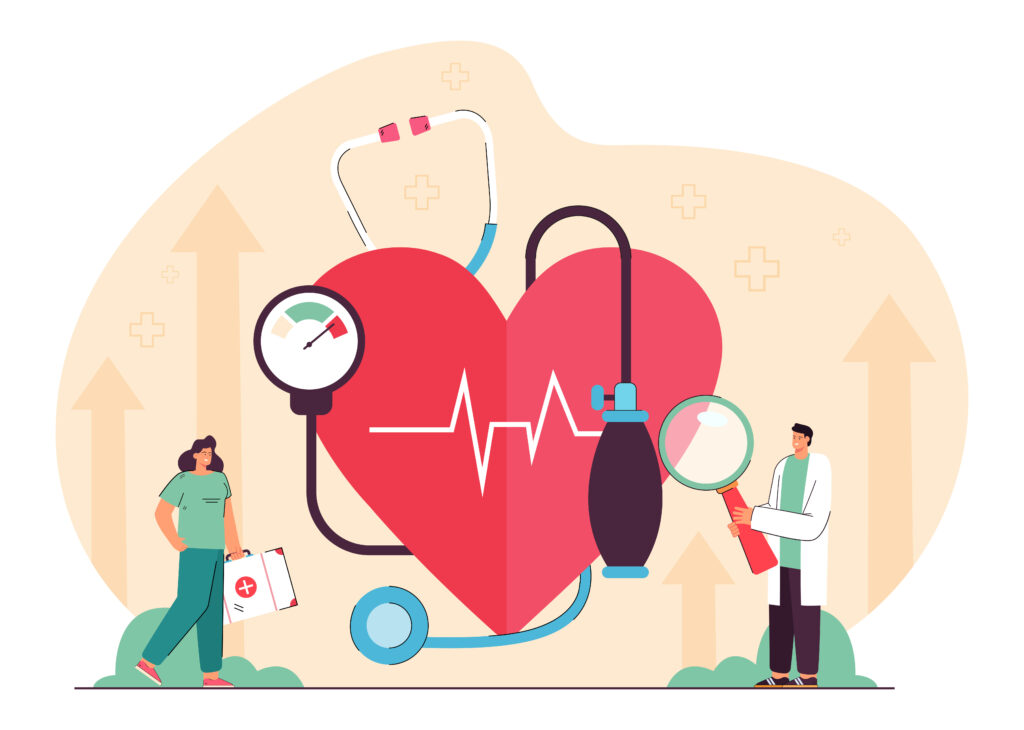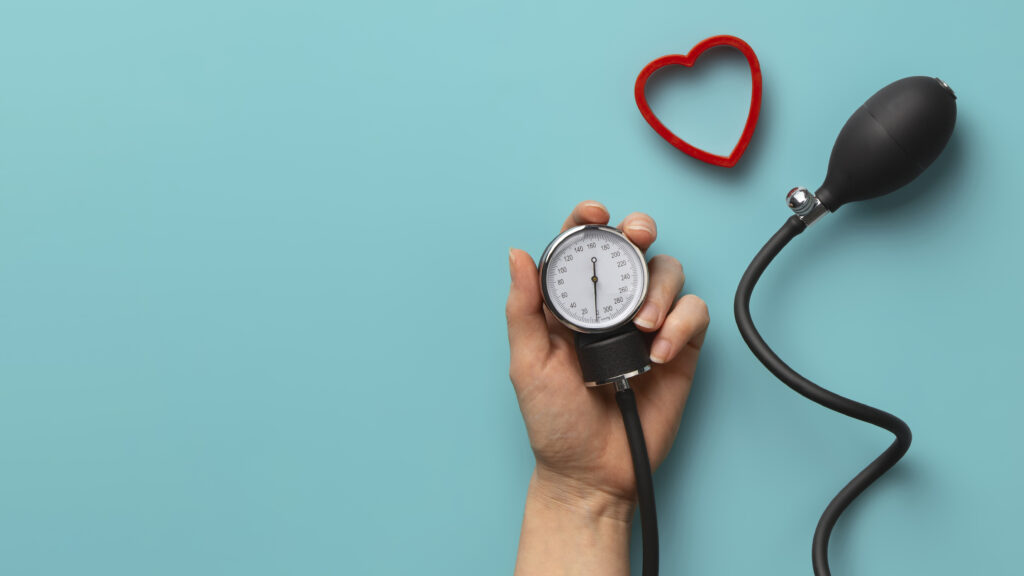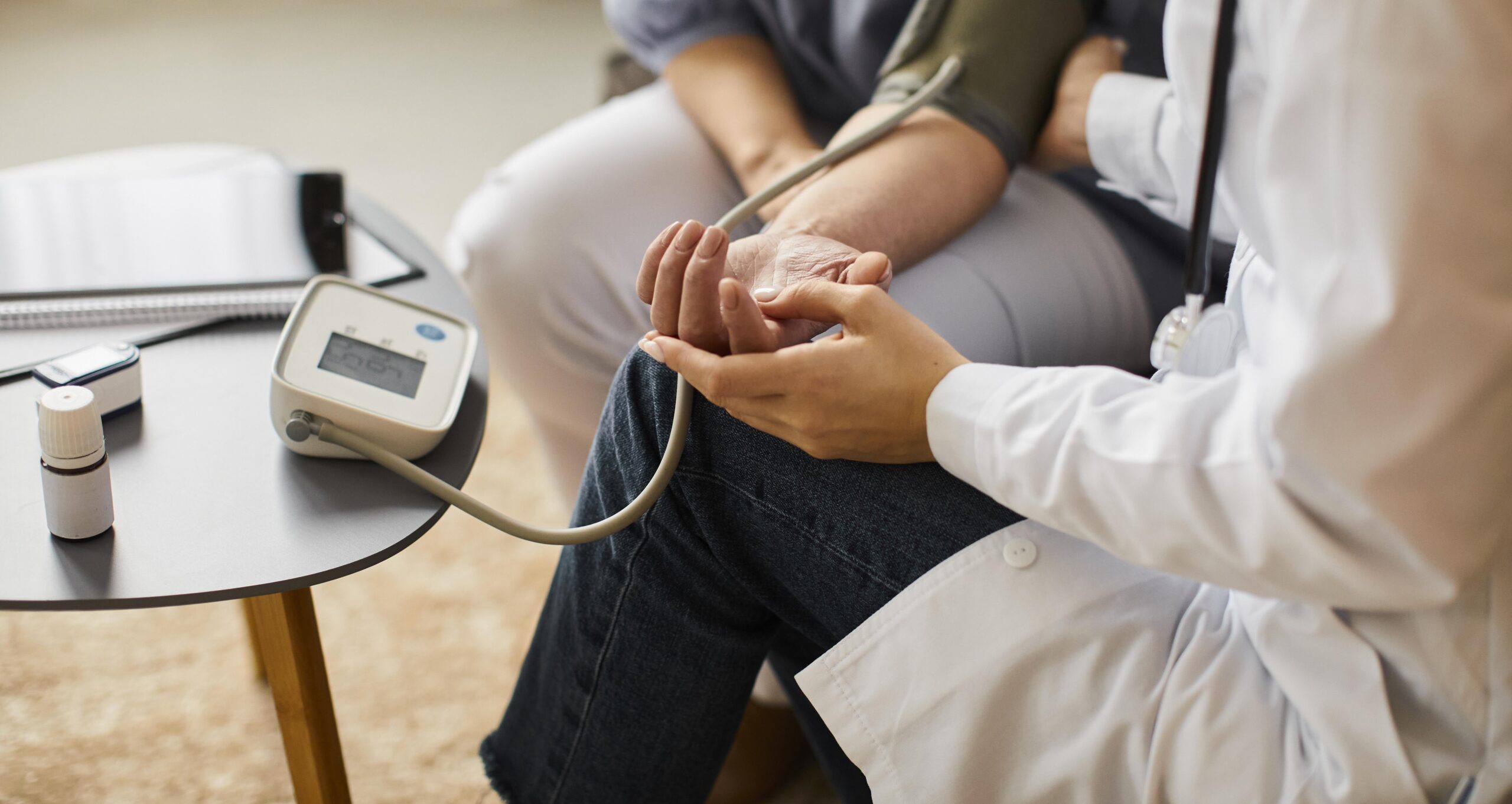Table of Contents
Introduction
Welcome to a comprehensive guide on high blood pressure, a prevalent and often misunderstood health condition that affects millions of people worldwide. In this article, we will delve into the causes and symptoms of high blood pressure, shedding light on the silent killer lurking within many of us.
What is High Blood Pressure?
High blood pressure, medically termed hypertension, develops when the pressure exerted by blood against the walls of arteries remains persistently elevated. This condition places extra strain on the heart and blood vessels, potentially leading to severe health complications if left untreated.
The Prevalence of High Blood Pressure
Hypertension is a global health concern, affecting people of all ages, ethnicities, and backgrounds. According to the World Health Organization (WHO), nearly one billion people worldwide suffer from high blood pressure. It is a leading risk factor for heart disease, stroke, and other cardiovascular issues. In recent years, the prevalence of hypertension has been increasing, attributed to unhealthy lifestyles, poor dietary choices, and rising stress levels.

Common Risk Factors
Understanding the risk factors associated with high blood pressure is crucial for prevention and maintaining overall health. While some risk factors are non-modifiable, such as age and genetics, others can be managed through lifestyle changes. Let’s take a closer look at some common risk factors:
- Unhealthy Diet
A diet high in sodium, saturated fats, and processed foods can contribute to elevated blood pressure levels. Excessive salt intake, in particular, can cause the body to retain water, increasing blood volume and pressure. - Sedentary Lifestyle
Physical inactivity can lead to weight gain, obesity, and higher blood pressure. Regular exercise helps keep the cardiovascular system healthy and supports optimal blood pressure levels. - Family History and Genetics
Having a family history of hypertension can increase your susceptibility to developing the condition. Genetics can play a significant role in determining susceptibility to high blood pressure. - Age and Gender
As people age, the risk of hypertension increases. Men are more likely to develop high blood pressure before the age of 55, while women face a higher risk after menopause.
Secondary Hypertension: Underlying Conditions
While essential hypertension often has no identifiable cause, some cases of high blood pressure result from underlying medical conditions. This type of hypertension is known as secondary hypertension. Let’s explore some of the conditions that can lead to secondary hypertension:
- Kidney Disease
The proper regulation of blood pressure relies significantly on the kidneys’ essential function in the body. Kidney diseases, such as chronic kidney disease or polycystic kidney disease, can disrupt this balance, leading to elevated blood pressure levels. - Thyroid Disorders
Hypothyroidism (underactive thyroid) and hyperthyroidism (overactive thyroid) can both influence blood pressure. An imbalance in thyroid hormones can contribute to hypertension. - Sleep Apnea
Obstructive sleep apnea, a condition characterized by breathing interruptions during sleep, has been linked to high blood pressure. The disrupted breathing patterns cause oxygen levels to drop, putting stress on the cardiovascular system. - Chronic Stress
Long-term stress can lead to the release of stress hormones, which temporarily elevate blood pressure. Prolonged exposure to stress can contribute to chronic hypertension.

Lifestyle Choices and High Blood Pressure
Certain lifestyle choices directly influence blood pressure levels. By understanding these factors, individuals can make informed decisions to promote heart health:
- Sodium Intake
Reducing sodium (salt) intake can help lower blood pressure, as excessive sodium can cause the body to retain water and increase blood volume. - Alcohol Consumption
Moderate alcohol consumption may have some health benefits, but excessive alcohol intake can raise blood pressure and damage the cardiovascular system. - Smoking and Tobacco Use
Smoking and using tobacco products can constrict blood vessels, increasing blood pressure and the risk of heart disease and stroke. - Physical Inactivity
A sedentary lifestyle is a significant risk factor for hypertension. Engaging in regular physical activity, such as walking, swimming, or cycling, can help maintain healthy blood pressure levels. - Stress Management
Practicing stress-reduction techniques, such as meditation, deep breathing exercises, and yoga, can help manage stress and potentially lower blood pressure.
The Link Between Obesity and Hypertension
The proper regulation of blood pressure relies significantly on the kidneys’ essential function in the body. As body weight increases, so does the volume of blood circulated through the body, putting additional strain on the heart and blood vessels. Additionally, obesity can lead to insulin resistance and inflammation, both of which contribute to hypertension.
Recognizing the Symptoms of High Blood Pressure
One of the most challenging aspects of high blood pressure is its silent nature. Many individuals may not experience any noticeable symptoms, earning it the nickname “the silent killer.” However, in some cases, hypertension can manifest through the following symptoms:
- Silent Nature of Hypertension
High blood pressure often shows no symptoms, making regular blood pressure checks crucial for early detection and management. - Common Symptoms
Some people with high blood pressure may experience headaches, dizziness, chest pain, shortness of breath, and vision problems. - Severe Symptoms: When to Seek Emergency Care
In severe cases, high blood pressure can lead to a hypertensive crisis, marked by severe headache, confusion, chest pain, and difficulty breathing. If experiencing these symptoms, seek emergency medical attention immediately.

Complications of Untreated Hypertension
Ignoring or inadequately managing high blood pressure can lead to serious health complications. Here are some potential risks associated with untreated hypertension:
- Heart Disease
Persistent high blood pressure can damage the arteries and heart muscle, increasing the risk of heart attacks, heart failure, and other cardiovascular conditions. - Stroke
The presence of high blood pressure significantly increases the risk of experiencing a stroke. Uncontrolled hypertension can lead to blood vessel damage, increasing the likelihood of a stroke caused by a blood clot or a burst blood vessel in the brain. - Kidney Damage
Hypertension can impair the kidneys’ ability to filter waste and fluid properly, potentially leading to kidney disease or kidney failure.
- Vision Impairment
Uncontrolled high blood pressure can damage the blood vessels in the eyes, leading to vision problems or even blindness.
Diagnosing High Blood Pressure
Early detection and diagnosis of high blood pressure are crucial for effective management. Healthcare professionals use two primary measurements to diagnose hypertension:
- Blood Pressure Measurements
When measuring blood pressure, two values are recorded: systolic pressure, which indicates the pressure during heartbeats, and diastolic pressure, which represents the pressure when the heart is at rest. A reading above 120/80 mmHg is considered elevated. - Additional Tests
In some cases, additional tests, such as blood tests, urine tests, and electrocardiograms (ECGs), may be performed to assess organ damage and underlying conditions.

Managing and Preventing High Blood Pressure
Thankfully, hypertension can often be managed and controlled through a combination of lifestyle changes and, if necessary, medication. Here are some strategies to manage and prevent high blood pressure:
- Medication and Treatment Options
Antihypertensive medications, such as diuretics, beta-blockers, ACE inhibitors, and calcium channel blockers, may be prescribed to lower blood pressure. - Lifestyle Changes
Adopting a heart-healthy lifestyle is essential. This includes maintaining a balanced diet, limiting sodium intake, reducing alcohol consumption, quitting smoking, and managing stress. - DASH Diet
The Dietary Approaches to Stop Hypertension (DASH) diet emphasizes fruits, vegetables, whole grains, lean proteins, and low-fat dairy products. This diet has been shown to effectively lower blood pressure. - Regular Physical Activity
Engaging in regular exercise, such as brisk walking, jogging, or swimming, can improve heart health and lower blood pressure. - Stress Reduction Techniques
Incorporating stress-reduction techniques into daily life can help manage stress, which in turn benefits blood pressure.
When to Consult a Healthcare Professional
If you suspect you have high blood pressure or have risk factors for hypertension, it is essential to consult a healthcare professional. They can perform a thorough evaluation, diagnose any potential issues, and recommend appropriate treatment or lifestyle changes.
Conclusion
Addressing and managing high blood pressure is imperative as it poses a significant health concern that demands utmost attention and care. By understanding its causes, symptoms, and potential complications, we can take charge of our health and make informed decisions. Remember, prevention and early management are key to living a heart-healthy life.
FAQs
Q. Can high blood pressure be cured completely?
A. High blood pressure is a chronic condition that can often be managed but not entirely cured. Lifestyle changes and medications can help control blood pressure effectively.
Q. Is hypertension only prevalent in older individuals?
A. Indeed, high blood pressure has the potential to impact individuals across all age groups, encompassing children and young adults as well. However, the risk increases with age.
Q. How often should I check my blood pressure?
A. Regular blood pressure checks are essential, especially if you have risk factors or a family history of hypertension. For personalized guidance, it is advisable to seek advice from your healthcare provider.
Q. Can stress really contribute to high blood pressure?
A. Absolutely, chronic stress can result in a rise in blood pressure levels. Managing stress through relaxation techniques can be beneficial for hypertension.
Q. Can lifestyle changes alone lower blood pressure?
A. In many cases, lifestyle changes like a healthy diet and regular exercise can effectively lower blood pressure. However, some individuals may also require medication for optimal control.

